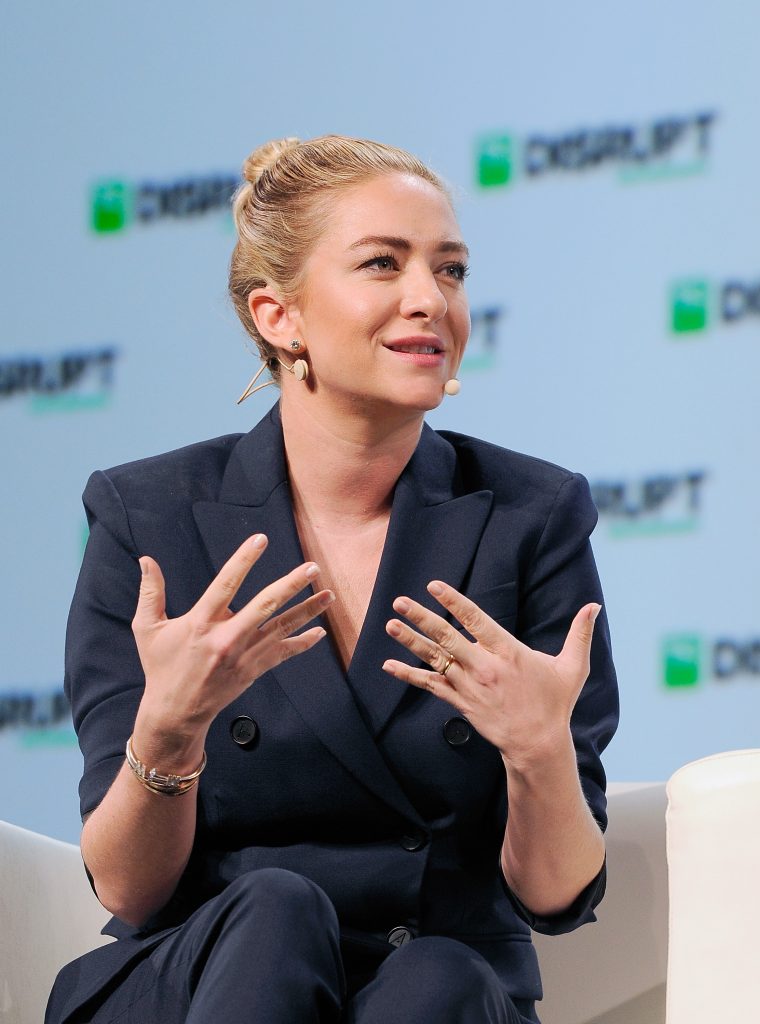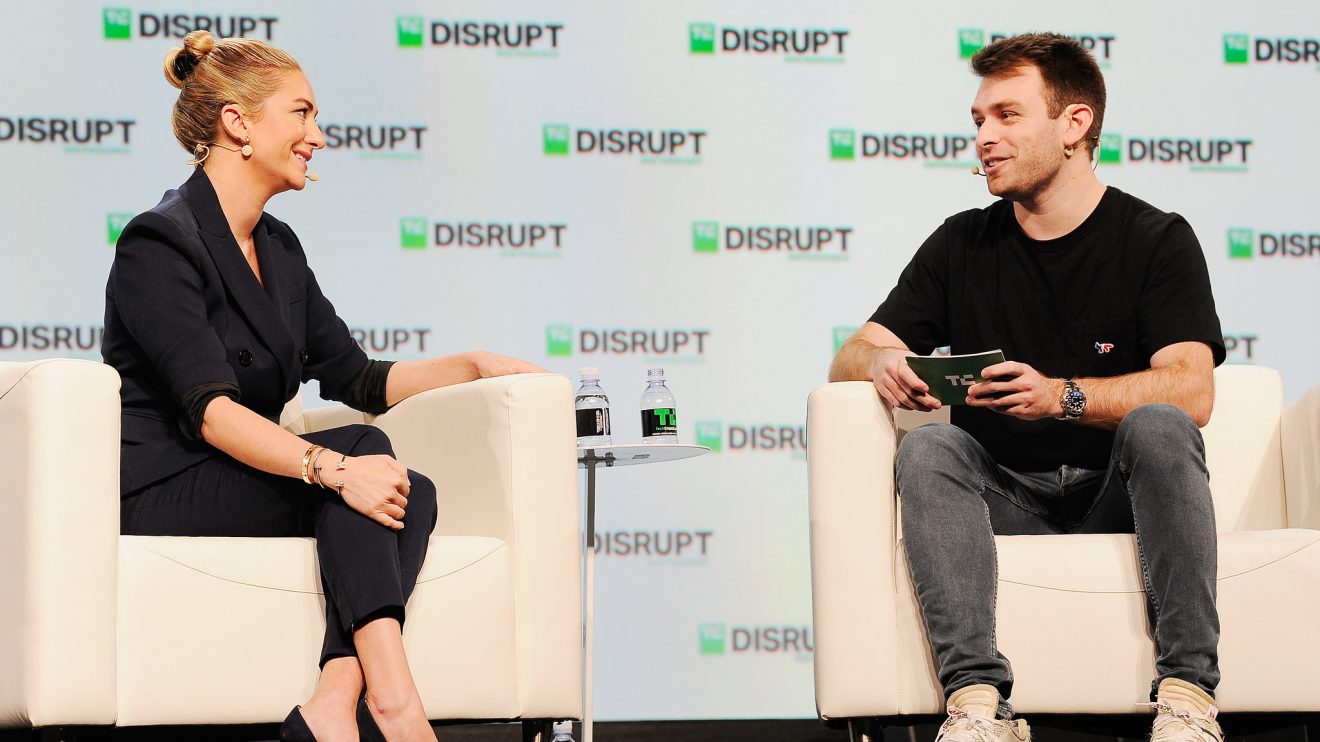Bumble CEO Whitney Wolfe Herd has made history right in time for March’s Women’s History Month. The 31-year-old female founder made the news as her dating app company successfully went public via Nasdaq. Wolfe Herd became a self-made billionaire. She’s one of a small group of female founders to take a company public, and the youngest one ever.
Bumble went public on Feb. 11, 2021 and exceeded market expectations. The BMBL shares went for $76 a piece. With the sale of 50 million shares, Wolfe Herd’s stake in the revolutionary dating app company was worth $1.5 billion. The company was valued at just under $8 billion.
Gender disparity
Becoming a billionaire (instead of inheriting wealth) is rare for anyone, but even more so for women. According to the Bloomberg Billionaires Index, self-made women account for only 5% of the world’s 500 biggest fortunes. Wolfe Herd joins a small group of women that have managed to break through the glass ceiling and find major financial success.
Wolfe Herd’s journey to becoming CEO of Bumble and a billionaire was not an easy one. The accomplishment comes after years of fighting gender norms and workplace mistreatment at her previous company, rival dating-app Tinder. Wolfe Herd helped found the rival company. After years of harassment and discrimination, however, she filed a lawsuit, won a sizable settlement and left the company in hopes of creating a more female-friendly platform.

Becoming CEO of Bumble
While she was unsure of going into the dating app business at first, Wolfe Herd was swayed with a business offer by a Russian billionaire and European dating app Badoo founder, Andrey Andreev. Offering her financial backing and collaboration with Badoo, Wolfe Herd took this as her opportunity to create a dating experience for women, by women. Leveraging her marketing skills, her desire to uplift and support women’s voices, and a partnership with Andreev, Wolfe Herd launched Bumble in 2014. The dating app was designed to put women first. With female-centric values embedded in both the application technology and company policies, women have a safe place to date. On Bumble women don’t fear harassment nor judgment.
While the application can be compared to Tinder’s swipe format, Bumble is unique in giving women the upper hand. Only women can initiate conversations after a mutual “swipe right”. With this feminist-minded feature, women can swipe away without the fear of unwarranted messages. They have the ability to set the tone for the relationship. In addition to just offering romantic relationships, Bumble allows users to find friends with their Bumble BFF setting. This development of the app is similar to Wolfe Herd’s initial idea of creating a social platform for women to find each other. This opened up Bumble’s market to be more than a dating app. It could be a welcoming space for women to find meaningful, non-romantic relationships. With a combination of this female-centric technology and branding, Bumble rose to be the second-most popular dating app shortly after its launch.
Growth and obstacles
Bumble Inc. is a part of a large dating application industry that is continuously growing. The market, which is typically dominated by the 18 to 25 age group, is expected to surpass a market value of 8.4 billion by 2024. This is according to a study by Research and Markets. While there are many competitors such as the Match Group, which includes Tinder, Match.com, and OkCupid, Hinge, eHarmony and Grindr, Bumble has found a way to reach audiences and provide a unique service that many others cannot.
However, since Bumble’s launch in 2014, Wolfe Herd has faced many more obstacles. Tinder’s parent company Match Group Inc. came after Bumble for intellectual property infringement. Wolfe Herd countered-sued, with both cases thrown out in 2018. In addition to these disputes, her partnership with Andreev went haywire. While he was crucial in providing financial backing to the early stages of Bumble, former employees exposed Andreev’s misogynistic and toxic workplace demeanor. These employee allegations clashed with the ethical values Bumble prides itself in and damaged the company’s name.
Turning a corner
Wolfe Herd was able to salvage Bumble Inc. by supporting Andreev’s resignation and the selling of his shares to the Blackstone Group. With this separation from Andreev, Wolfe Herd was named Chief Operating Executive. She expanded on the women-centric and diversity goals Bumble initially had in place. For example, the Bumble board is majority female and is continually working to diversify and add new voices.
Through it all, Wolfe Herd has continued prioritizing supporting female voices and thrived while doing so. Her dedication to women’s rights makes this IPO even more monumental. As we continue to celebrate Women’s History Month, it is important we recognize and celebrate the women like Bumble CEO Whitney Wolfe Herd who are changing the world for women. As Wolfe Herd said in the closing statement of her IPO speech, “By supporting and championing each other, we can break down barriers for the next generation of women and folks from marginalized communities.”







Add Comment